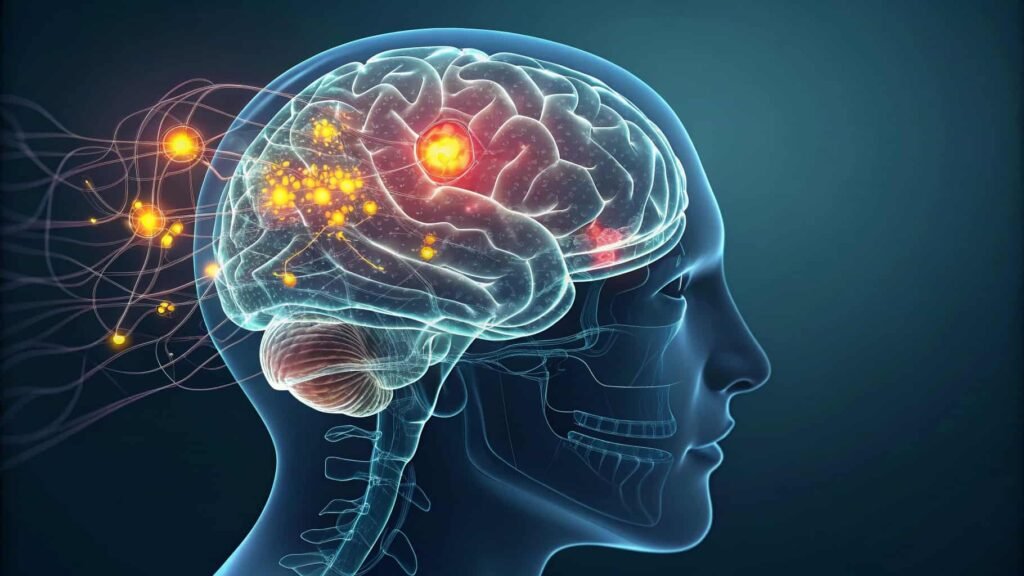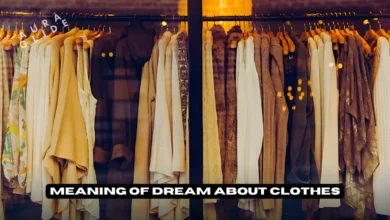What Do Blind People Dream About? Discover the Truth Behind Their Dream World!
Yes, blind people dream too. But their dreams can be very different. It depends on whether they were born blind or if they lost their sight later in life. When most people dream, they see colors, places, and people. But blind people may not see pictures in their dreams. Instead, they feel sounds, touch, smells, and emotions.
Many people wonder, What do blind people dream about? It’s a good question. Even without sight, the brain can still make dreams. That shows how powerful and smart the mind is. In this article, you’ll learn what blind people dream about. We’ll talk about science, real stories, and how the brain works. You’ll get clear, simple answers, better than other websites.
1. Understanding Dreams: What Happens in the Brain?
Dreams are experiences that happen during the REM (Rapid Eye Movement) stage of sleep. This is when the brain becomes highly active. For sighted people, dreams often include images, places, people, and actions. But dreams aren’t just about sight; they also involve sounds, touch, taste, smell, and emotions.
The brain creates dreams using memories, feelings, and imagination. This is true whether someone has vision or not. The real question is: how does the brain of a blind person “fill in the blanks” where visual input would usually go?
2. Born Blind vs. Losing Sight Later: Big Differences in Dreams!
To fully answer what blind people dream about, it’s important to separate blind individuals into two categories:
a. Congenitally Blind (born blind)
b. Acquired Blindness (became blind later in life)
People who lose their vision later in life often dream visually, at least for a while. That’s because their brain has stored many visual memories, and it uses these memories in dreams.
But people who are born blind never had visual memories. So, their dreams are rich in other senses, like:
- Sounds: Voices, music, ambient noise.
- Touch: Feeling objects, textures, surfaces.
- Smell and Taste: Food, flowers, smoke.
- Emotions: Fear, joy, excitement, sadness.
Their dreams are just as complex, just not visual.
3. How the Brain Adapts in Blind Dreamers
The human brain is incredibly adaptive. In people who are blind, parts of the brain usually used for processing visuals are repurposed for other senses. That’s called neuroplasticity.

Scientists found that even the visual cortex in blind individuals can help process touch and sound. So when blind people dream, those parts of the brain still “light up,” just not for sight. Instead, they help create a detailed dream world full of sensations and emotions.
This is a key reason why what blind people dream about is such a fascinating topic. Their brains literally “rewire” themselves to experience life and dreams differently.
4. Can Blind People Have Nightmares?
Yes, blind people do experience nightmares. And just like with sighted people, nightmares can feel terrifying.
For someone who is blind, a nightmare may include:
- Loud, scary noises
- Threatening voices
- Feelings of being chased or lost
- Pain or discomfort
- Emotional trauma or anxiety
Although these nightmares may not include scary images, they can be just as intense, sometimes even more so, because of heightened sensitivity to sound or touch.
5. Real Stories from the Blind: Dreams That Touch the Soul
Many blind individuals have shared their experiences of dreaming. These stories reveal how deep and emotional their dreams can be, even without images.
Some examples include:
- A blind man is dreaming of his mother’s voice and holding her hand.
- A woman born blind dreams about sailing across the ocean, feeling the breeze, and hearing waves.
- Another dreamer experiencing piano music so clearly in a dream, it inspired her to learn the instrument.
These real-life experiences show that imagination doesn’t need sight to create something powerful.
What Research Says About Blind People and Dreams
Scientists have studied how blind people dream. They found that people who are born blind do not see pictures in their dreams. Instead, their dreams are full of sounds, touches, smells, and emotions. People who lost their sight later may still see in their dreams, but that fades over time.
Studies also show that blind people often have very detailed dreams. Their brain uses other senses to build strong dream experiences. Even though they can’t see, their dreams are just as real and full as anyone else’s.
7. Why Sighted People Are Fascinated by Blind Dreams
There’s a reason so many people ask what blind people dream about. It challenges our idea of what dreams should be.
Sighted people often take their vision for granted. So when they hear that someone dreams without pictures, it raises deep questions:
- Can you dream without images?
- Can you experience something you’ve never seen?
The answer is yes. The brain is more powerful than we realize. It builds worlds with whatever it has: sound, touch, emotion. In this way, blind dreams show us the true creative power of the mind.
8. Do Blind People Know They’re Dreaming?
Some blind individuals experience lucid dreaming, where they’re aware they’re dreaming while it’s happening.
In blind lucid dreams, people might:
- Feel textures they know aren’t real
- Hear voices that they recognize
- Control the direction of the dream
Lucid dreaming happens in both sighted and blind individuals. It’s a rare but incredible experience, showing how dreams can be more than just passive stories.
9. Dreams as Emotional Healing for the Blind
Another overlooked part of what blind people dream about is how dreams offer emotional support. For some, dreams become a safe space to reconnect with lost loved ones, overcome fears, or live adventures they can’t experience during the day.
This emotional side of dreaming is powerful. It proves that even in the absence of sight, the mind finds ways to heal, explore, and express.
10. Can Blind People Describe Their Dreams?
Yes, and often in stunning detail. Instead of saying, “I saw a red car,” a blind person might say:
“I felt something large and smooth; it smelled like gasoline and made a loud rumbling sound. I knew it was a car.”
Descriptions rely on:
- Smell
- Touch
- Sound
- Spatial awareness
- Emotional response
These dream retellings are rich and vivid. They show how even without sight, a dream can be fully alive.
FAQs: Common Questions About Blind People and Dreaming
Q1: Can someone born blind from birth dream in pictures?
No, people blind from birth do not dream in visual images because their brain has never processed sight. They dream using other senses.
Q2: Do blind people have more intense dreams?
Many say yes. Their dreams can be more detailed in sound, emotion, and physical sensation.
Q3: Can blind people control their dreams?
Some blind people do experience lucid dreams and may control certain parts of their dreams.
Q4: Are blind people’s dreams shorter or longer?
Dream length is similar to sighted people. What changes is the content and type of sensations.
Q5: Do blind people dream of colors or light?
Only if they had sight in the past. People blind since birth usually do not dream of colors or light.
Final Thoughts: The Human Mind Knows No Limits
So, what do blind people dream about? The answer is: they dream just like everyone else, only differently. Their dreams are filled with sound, smell, touch, emotions, and imagination. Even without vision, the mind paints entire dream worlds. In fact, it might even be more creative when one sense is missing. Dreaming doesn’t belong only to the eyes. It belongs to the mind and the heart.





